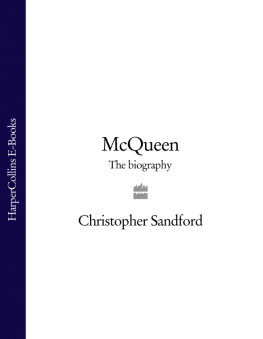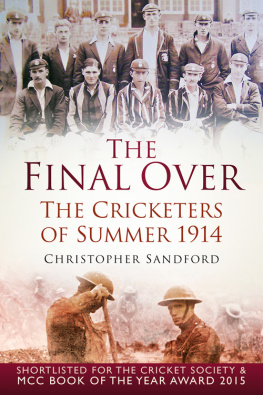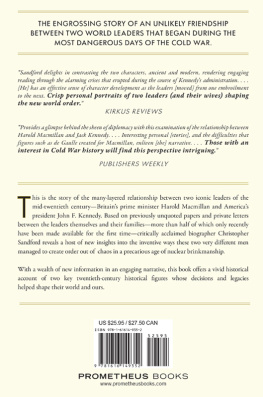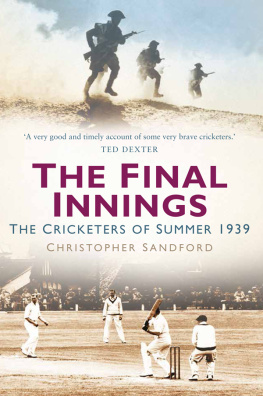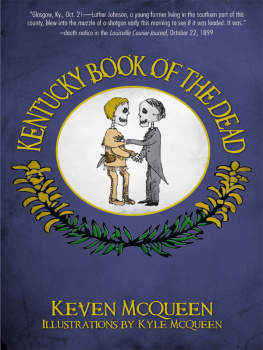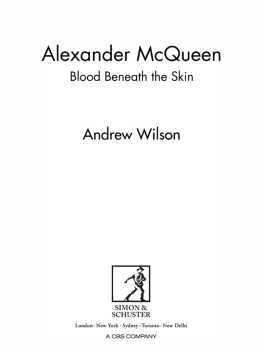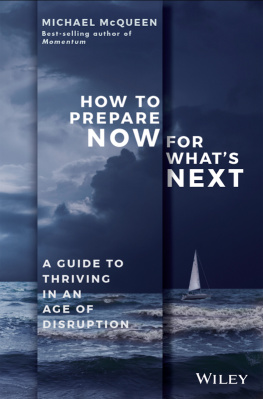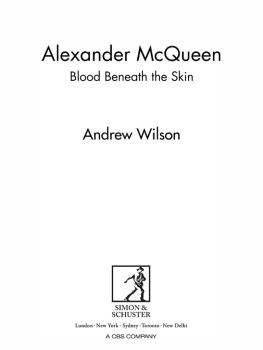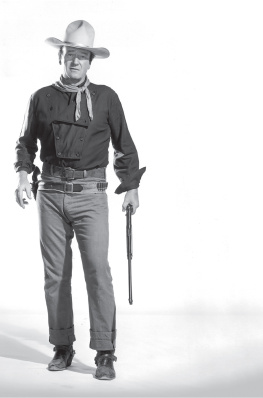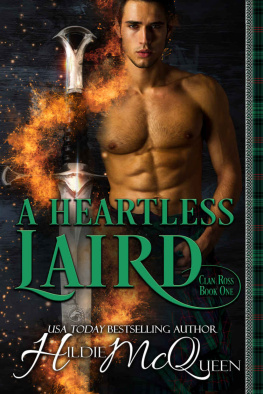1
The American Dream
S teve McQueen was dead. It was a strange enough ending for a life that had scaled the heights of fame and plumbed the depths of depravity, laid out in a cold bare-walled room in a Mexican clinic. On this November morning a pale, watery sun came through the barred windows, sending chopped-up light onto the narrow bed. All the grief which marked the last year of McQueens life seemed purged by death. His eyes which, oddly, had turned dark grey were blue once more. In his hands was a Bible, turned to McQueens favourite verse, For God so loved the world, that he gave his only begotten Son, that whosoever believeth in him should not perish but have everlasting life. A doctor and a nurse both noticed the look that came over him at the end. It was the quizzical half-grin he made his own, that frighteningly unamused smirk at once attractive and not quite welcoming. Steve McQueen was himself again.
The king of cool had died at fifty. If the cancer hadnt done for him, then a human agent had: according to McQueens doctor, it is certain that a person or persons injected him with a fatal coagulant late on 6 November 1980, his final night alive. His patient was, he says, executed as he lay drugged and immobilised in a hospital bed. But no one should feel pity for Steve McQueen. He was neither broken nor bitter. Sick as he was, the happiest chapter of his life may have been the last one, in the care of Barbara, his third wife, flying his antique planes and slipping anonymously into church. Hed been living first in an aircraft hangar and then in a ranch with a big pot-bellied stove that filled half the room. Behind the house were fields and behind the fields were mountains. Here, in Santa Paula, California reminded Steve of the Missouri heartland hed fled as a boy but never left. Here, the circle was complete.
A few other circles had been closed, too. McQueens first ever appearance on the big screen was as a prowling, knife-wielding punk. For his minuscule role as Fidel in 1956s Somebody Up There Likes Me he earned $19 a day. Twenty-four years later, The Hunter ended on a poignantly downbeat note with McQueen spark out on a hospital floor. For that picture he made $3 million, plus 15 per cent of the gross. Running as a throughline in between, film audiences met one of the most arresting personalities in American art. Not too many others could hold a candle to McQueens striking affirmation of individuality. Far, far from the usual Hollywood pieties, Steve spent his off-duty hours dirt-biking or squatting in the desert with Navajo Indians. As a man, few ever came close to him. As an actor, nobody did. At his worst, McQueen gave off a quietly passionate sense of love and loss, eyes reeling with meaning, which perhaps promised more than it delivered. On peak form, he gave substance to even the thinnest plot. Not since the salad days of Brando had the words movie and star been in such proximity. Above all, McQueen knew that performance wasnt a matter of right and wrong but of life and death of the material. Jim Clavell, who worked up The Great Escape, would say that Steve played suffering perfectly, since it chimed so well with his experience.
Lo hice I did it were McQueens last known words. Towards the end, according to an orderly who was there, he talked a lot about the early days, the farm, growing up and most of all reform school. His nostalgia for the lost world of 1945 hid a grim truth: Steve had been committed by his own mother and her new husband. The squat bunker of Junior Boys Republic, the burr-cuts and bib overalls, the carbolic smell ground deep into the floor, the reek of the laundry those were the stinking madeleines of his youth. And as McQueen lay dying, pressing ice cubes to his cheeks, doctors would hear him sob, Three-one-eight-eight, over and over, his old school number of thirty-five years earlier echoing his fluttering heartbeat. Steve went out, if not with a whimper, then whey-faced for all the bewildered souls, not for his legendary groupies and least of all for Candyland, but for the real folks. For those who like their types cast, it was a quite heroic death.
They took him to the mortuary in Juarez, bumping along dusty roads where paparazzi from across the border already cowered behind trees. The Globe and Enquirer stringers squealed like game-show contestants when the car pulled in to the Prado Funerales. On that frenetic morning reporters were attempting to bribe medical staff with $80,000 for a shot of the corpse. In the end it was Paris Match who located McQueens body, calmly lifted the undertakers sheet and got off a picture for their front page. An orderly took exception and wound up rolling around with the photographer on the morgue floor. Later that afternoon the cortege made its way to the frontier town of El Paso, Texas, where a private jet stood fuelled and ready for the flight to Santa Paula. The sight of more press on the runway even as the plane revved up set off a round of groans and denunciations among McQueens friends. It was like the climactic scene from Bullitt. Two hours later they landed in California in thick fog. The plain Mexican coffin, flimsy for even his gaunt body, was loaded on a station wagon and taken to the Chapel of Rest in Ventura for cremation.
It was what McQueen had wanted, another perverse triumph. Hed always hated fires. He was nearly killed by one as a boy and in later years often had occasion to head-butt his demons. You lookin at me? or a tart Fuck you, candyass defiantly masked his inner terrors. Steve once ran through hot smoke to rescue his wife and young baby from a brush fire in Laurel Canyon. Drink and dope were balanced, for him, not only by fast cars but by constantly testing how he felt about himself and nature; and McQueen experienced that sense of challenge again in 1966, when he helped fight a three-alarm blaze at the studio. Ironically, the two worlds of fact and fiction finally merged eight years later when, at a routine briefing with the technical adviser on The Towering Inferno, McQueen responded to a real-life emergency by suiting up to save yet another torched stage. On that occasion a fireman looked over his shoulder, started and blurted out, Holy crap! Steve! My wife wont believe this. Neither will mine, said McQueen calmly.
The body was burnt, and the ashes placed in a cheap urn. Steve had wanted nothing fancy for himself, and he was famous for his spartan tastes a can of Old Milwaukee was fine by him. Especially towards the end: by then, instead of goons and gofers, McQueen was keeping company with a distinctly rough-hewn crew of local barnstormers and pilots. Together they shared hobbies and traditions that were already old when Steve was born. They had an overriding love of keeping it simple, and many was the night they sat around the hangar, drinking and hugging themselves against the cold, whooping it up at Hollywood. This new McQueen was, above all, real folks, which is to say much the sort of person done on screen by the old McQueen. He favoured flying the flag in every school, early nights, and affirming the sanctity of marriage. That never ruled out a beer or a smoke. As for protocol, he didnt overdo it. McQueens language was famously earthy. As far as acting went, he felt as if hed pissed away about twenty years, wondering aloud what the fuck hed been doing in half his films, although he always cashed the cheques. You know, guys, Steve would say, squinting up at the snowy Rafaels, I only really feel horny when Im flying.

